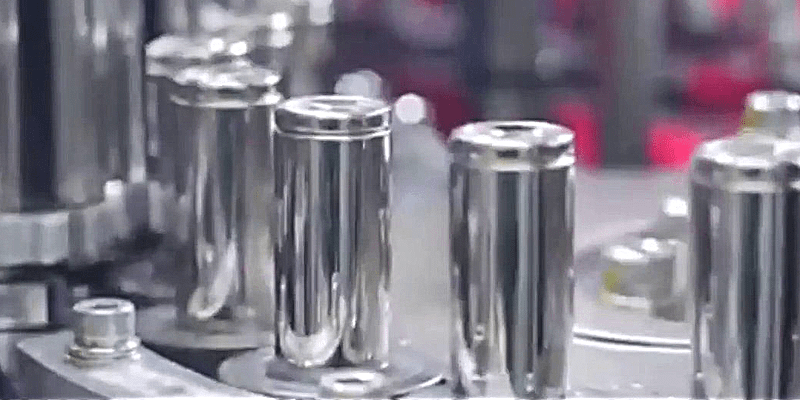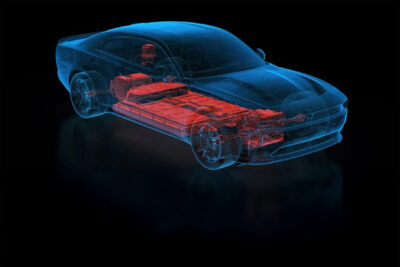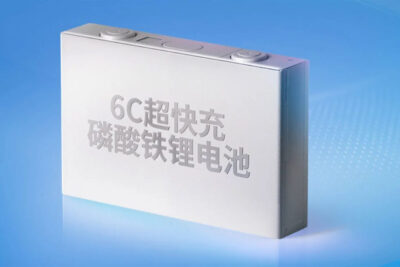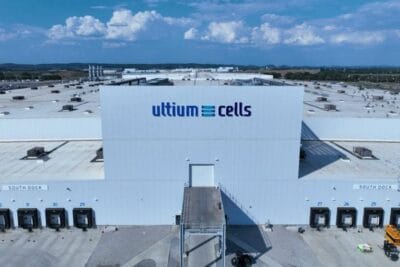Can Tesla batteries cost less than 100 dollars per kWh?
Tesla’s project for the mass production of its battery cells is to be called Roadrunner and aims to reduce costs to 100 US dollars per kilowatt-hour. This 100$/kWh milestone has long been considered the key to electric cars achieving price parity with ICEs without subsidies.
This significant industrial breakthrough should be made possible through several factors, reports US Tesla outlet electrek, including increased energy density, massive scale and technological advantage. According to electrek, under the (now not-so) secret Roadrunner project, Tesla has already tested prototype cells and has reportedly set up a pilot production line in Fremont.
The technological advantage has been made possible with developments by Tesla’s internal teams, including the research laboratory in Canada headed by Jeff Dahn. Another contributing factor comes from the new technology gained through Tesla’s acquisition of Maxwell, specifically dry electrode technology.
Tesla expects great advantages in terms of price and energy density from this dry electrode technology in particular. Simply said, cheaper cells with a higher-energy density would enable Tesla to use fewer batteries per vehicle and still achieve longer range. In a Maxwell graph published by electrek, the current figure was given as 385 Wh/kg, by 2022/2023 435 Wh/kg should be possible, and by 2027/2028 this should increase to 500 Wh/kg. Dry electrodes would be in the “Disruption Zone” as early as 2021, where better batteries would allow electric cars to break through to the mass market, whereas wet electrodes would not reach this zone until 2025 at the earliest.
In light of these developments, it would seem that the partnership with Panasonic continues to face an uncertain future. Some signs point to an end to the cooperation that once gave Tesla an advantage in terms of battery costs compared with the rest of the industry: Panasonic is withdrawing from Gigafactory 2, where Tesla’s solar roofs are being built with Japanese know-how, before the end of this year. Besides, Tesla will be relying on battery cells from LG Chem and CATL for the vehicles from the Gigafactory 3 in China. It remains to be seen how the joint battery cell production in Nevada for the Model 3 and Model Y will continue.
According to electrek, the improvements targeted by Tesla go beyond the cell technology to the modules and battery packs. This includes moving towards laser-welded technology and away from wire bonding on the cells. Revealed through job postings for battery module mechanical design engineer on LinkedIn, Tesla president of autopilot Jerome Guillen says that the battery module team is “central to the secret sauce at Tesla”.
Given these reports, Tesla’s “Battery Day” planned for April is all the more eagerly anticipated. According to an electrek source, Elon Musk is internally pushing for a Model S or Model X with the new batteries as a demonstrator for the event.
>> With reporting by Sebastian Schaal, Germany.





0 Comments